James Hanmer
100 students, faculty and staff showed up to the first-annual Create, Connect, Contribute: Communicating Through the Humanities symposium on Tuesday April 17, on the Dundalk campus.
The conference included over a dozen forty-five minute sessions, each belonging to one of three thematic categories—create, connect, contribute—which were administered by professors and students. “Create” sessions involved, as the name implies, artistic endeavors, whereas “connect” and “contribute” sessions were focused, respectively, on conversation between attendees and their broader relation to society. All sessions focused on several important aspects of the humanities including, art, poetry, communications, philosophy, sociology, and theatre.
Organizers of the event were R. Michael Walsh, The Communication Arts Chair, and Zolita Courter, an Administrative Assistant in the School of Liberal Arts. Walsh says that he was, “really pleased with the turnout,” which “demonstrated a strong need for such an event.”
Walsh also asserted that the symposium was of value because it showcased the diverse and increasingly interdisciplinary work encompassed by a humanities-based education. Although “CCBC is supportive of the humanities,” says Walsh, “the average student may not understand what it means to benefit from a humanities-based education. I wanted this symposium to help students make important connections between what they are learning in their humanities courses to what they are experiencing in their lives.”
Funding for the symposium came chiefly from the Andrew W. Mellon Foundation, which, according to its website, has donated $980 thousand in grants to CCBC since 2010, and over $6 billion to schools worldwide since its creation in 1969. Other sponsors included The Communication Arts Department and The Honors Program. These sponsors were presumably necessary for the Italian-style buffet available to attendees, which was prepared by Sodexo, the same company responsible for CCBC’s dining services.
Joel Lingg, a first-year music student at CCBC Essex, provided a classical piano accompaniment throughout dinner. Lingg says he is inspired by the nineteenth century solo piano pioneer, Frédéric Chopin, and hopes to transfer to Towson University before becoming a session pianist. Broadway fans were treated over dessert to a live rendition of the “Sweeney Todd” track, “Pretty Women” by Ja’min Williams, another student studying music at CCBC.
Walsh and Brooke Bognanni, The Chair of English, then gave speeches, in which they explained why a Humanities-based education is of value to students of this generation and will be to those of the next. “A humanities-based education stimulates intellectual growth and teaches students how to become critical thinkers,” which, Walsh says, can distinguish the humanities from more career-centric education paths.
Bognanni, who also helped administer a create session involving metaphorical poetry writing with Nick Van Horn, a Professor of Philosophy, says that she is, “delighted to bring together students, faculty, staff and administration to celebrate communicating through the humanities.” During this “create” session, attendees were prompted to compose an on-the-fly poem including a tree-based metaphor.
A later "connect" session, led by Van Horn and the philosophy club, focused on restoring civil discourse by way of Hegelian dialects, which attempt to reconcile argumentative points and their counterpoints in a “synthesis.” Later, in contribute sessions, attendees extrapolated on the themes explored in earlier “create” and “connect” sessions.
Tom Sistek, a neuroscience student in his last semester at CCBC and member of the philosophy club, feels that, “the highest form of communication is when two people meet common ground and acquire new wisdom.” Sistek contends that such wisdom can be antidotal to the vitriol that seems appreciably characteristic of political discourse in the U.S.
As head of the Philosophy Club, Van Horn has ostensibly been responsible for fostering this kind of sentiment in his students. “Breaking down interdisciplinary walls,” says Van Horn, is integral to the success of any humanities-based education, and was precisely the professed goal and the actual result of the Communicating Through the Humanities Symposium.
And according to Van Horn, a defining characteristic of the humanities, is the tacit implication in its doctrine that, “anything is intellectually of value if it teaches us something about being human.”


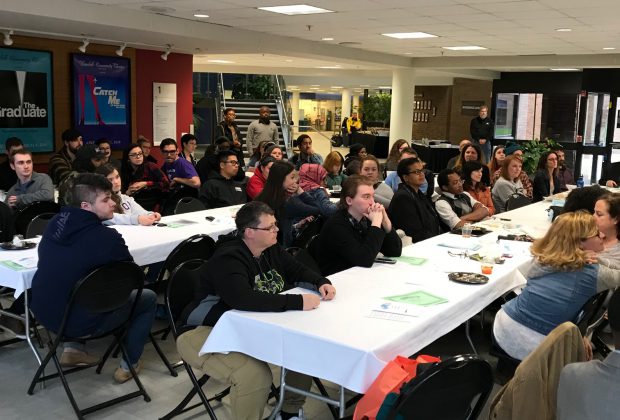

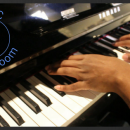
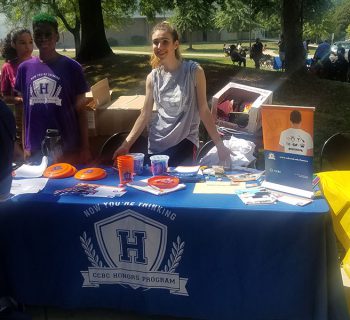

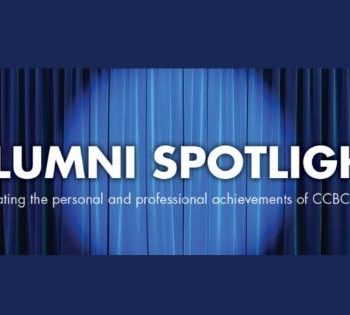


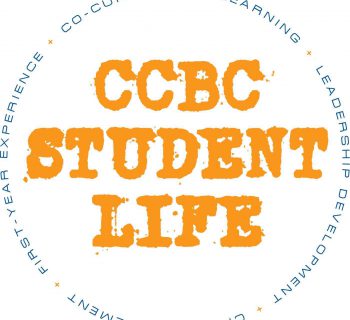
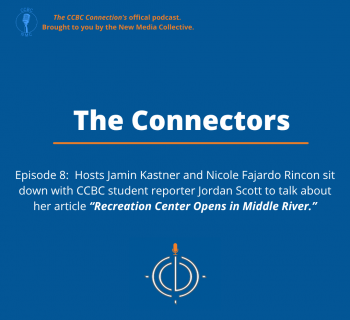


Being involved in your school is good for meeting new people, building connections, and learning about upcoming internships that you may not know about.